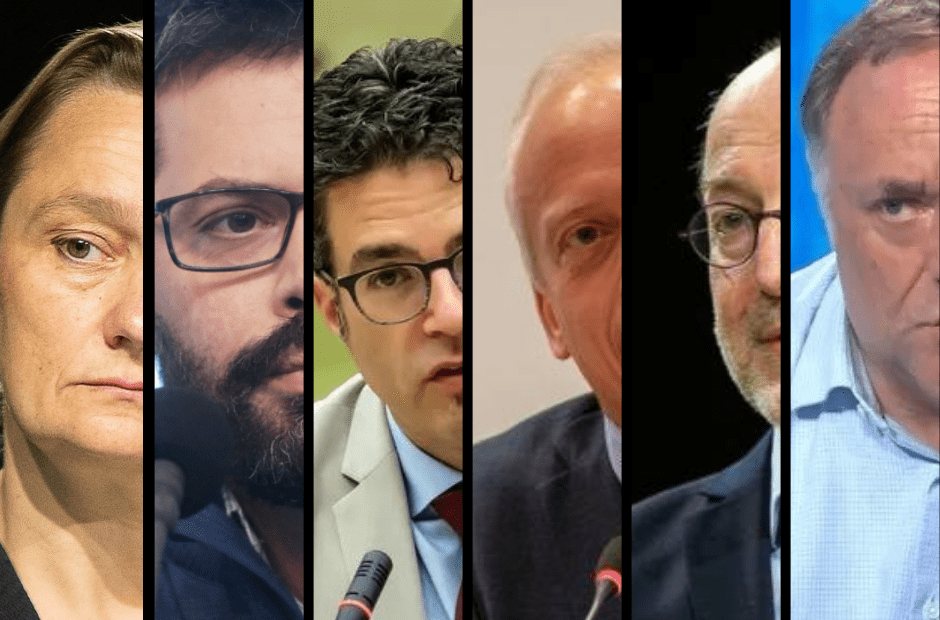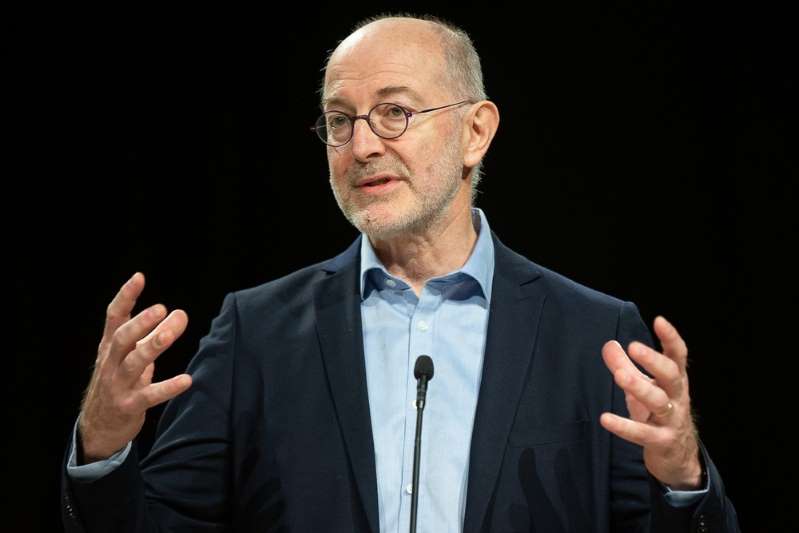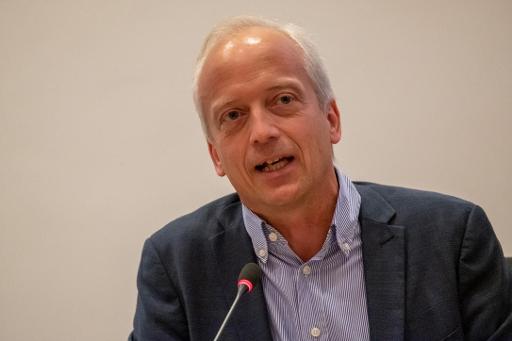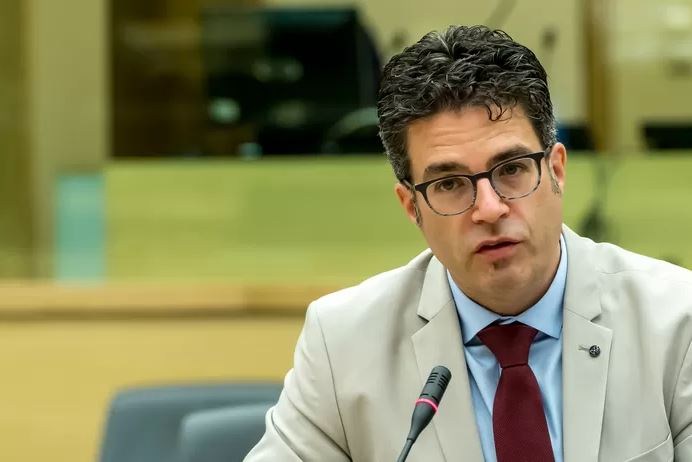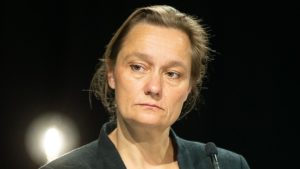Following the announcement of Belgium's extra restrictions on Friday morning, some experts have welcomed the sense of urgency, but others fear that the new rules will not be enough.
The Advisory Committee's additional measures for sports, culture, youth movements and higher education are in line with last week's rules to keep groups of people apart as much as possible, according to epidemiologist Pierre Van Damme.
He told VTM News that he is satisfied with the government's "sense of urgency" for introducing these measures only one week after the previous ones.
"The figures speak for themselves," he said. "At an exponential stage, when you are two to three weeks behind on the virus each time, I am very pleased that people want the measures to have an immediate effect."
Just like several other experts earlier this week, Van Damme did not rule out a second lockdown, but was also aware of the effects such an absolute measure would have.
"Nobody, not a single expert, politician or citizen, wants another lockdown," he said. "We will never put forward another one like in March and April. Maybe we should invent another word."
Additionally, he said it will be "an art" to keep schools open and keep businesses running while preventing people from gathering too much, all the while making sure the healthcare sector can keep handling everything.
Related News
- Second lockdown would not be 'smartest solution' for Belgium
- Belgium's Consultative Committee further tightens measures
- Belgium moves towards 20,000 infections per day this week
While Van Damme is satisfied with the strict measures in general, he expressed surprise over the fact that universities and university colleges do not have to make the complete switch to distance learning.
Even with a maximum capacity of 20% or 50% in classrooms and auditoriums, a lot of students will be moving around, and then returning to their parents for the weekend. "Maybe this is a missed opportunity, because the virus circulates very easily in that age group," he added.
According to epidemiologist at the ULB Yves Coppieters, these measures will not be sufficient. "We have waited a month for strong measures to break the transmission and to smooth the curve once and for all. I do not think that the measures announced today, which are an extension of the measures announced last week, will be sufficient," he told RTBF.
"We are in a critical period, we thought we could use the autumn holidays to stop transmissions in the school environment, but that is not being considered at all," Coppieters said. "I think we are in an unknown situation. We are taking the risk that these measures will be effective, we all hope so, but it is not at all certain."
Virologist at Sciensano Steven Van Gucht told The Brussels Times on Thursday that the decision on whether or not to implement further restrictions was "a bit like playing poker" because the effects of the measures that went into force on Monday are not visible yet.
However, he also argued in favour of stricter measures in certain areas, especially concerning teleworking and higher education, because "the risk [was] too great to do nothing."
"They must make maximum use of distance learning, and above all, communicate very clearly to students that they have to make a choice: either they always stay in their student housing, or they stay at home,” he said.
The current measures do not go that far, but Van Gucht stressed that "the biggest lever is still in our hands" during a Crisis Centre press conference following the announcement of the new measures, urging everyone to respect the measures in force at all times.
Infectious disease expert Erika Vlieghe agreed that even though the effects of last week's measures are not visible in the figures yet, stricter rules were definitely necessary.
"If, in a few days, it turns out that the previous measures did not work, we would have lost another few precious days," she told VRT.
According to Vlieghe, we need to get rid of the word 'lockdown', and be more clear about what exactly we want to achieve with a certain set of measures. "A set of such measures can be as effective as a lockdown, without us having to call it that," she said.
Other experts, such as microbiologist and former Sciensano spokesperson Emmanuel André and virologist Marc Van Ranst would have prefered to see a full lockdown.
“A short strict lockdown” of about four weeks would avoid “a much longer semi-lockdown period that will eventually exhaust and frustrate everyone,” tweeted Van Ranst, echoing André's calls that a lockdown was the only option left.
Following the announcement of the measures, Van Ranst told VRT News that he would not be surprised if a new Consultative Committee were to meet again next week, to take stricter measures again.
"We are at a dangerous point in the epidemic," he said. "The figures are going up steeply. Of course, you can try to say with calm certainty that the measures that were already taken will work, but everyone is a bit nervous about that, politicians certainly are too."
If the country does not start seeing the expected break in the curve of the epidemic soon, other measures will have to be taken, according to him.
Maïthé Chini & Jules Johnston
The Brussels Times

